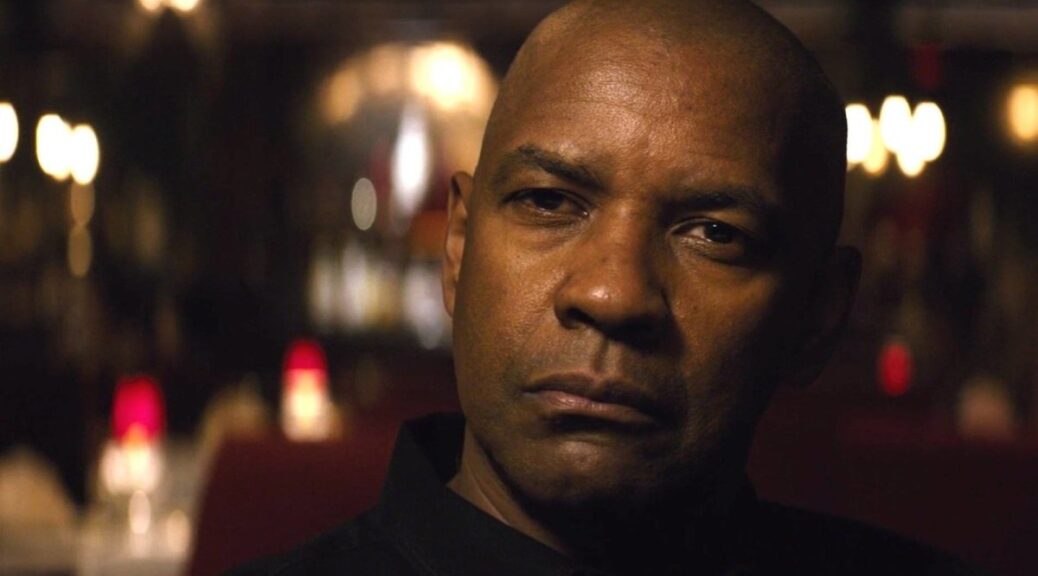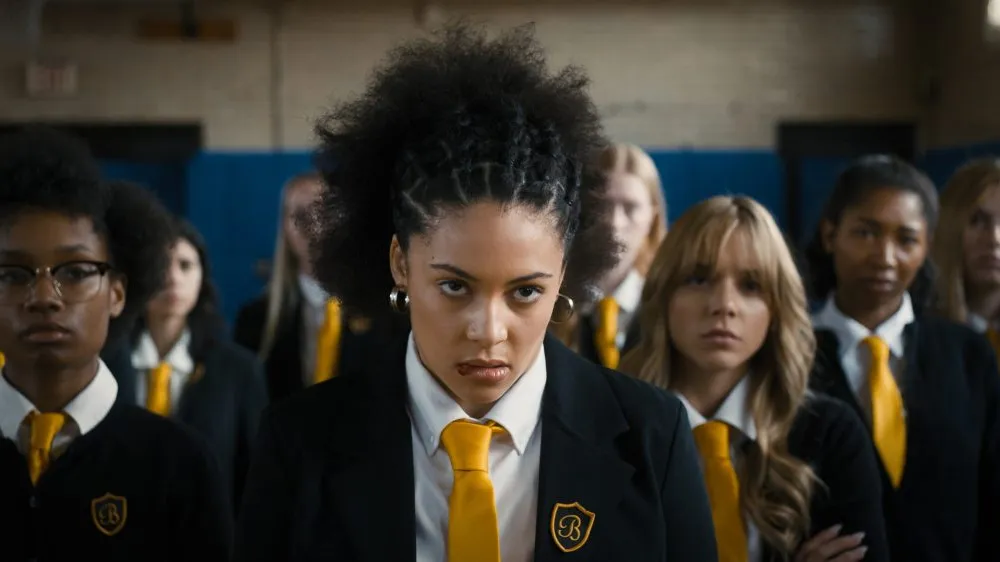Scrapper
by George Wolf
12 year-old Georgie (the amazing Lola Campbell) doesn’t believe it takes a village. Even after the death of her mother, Georgie’s doing fine, thanks.
She dutifully crosses the stages of grief off her notepad, and steals bicycles with her friend Ali (Alin Uzun) for the money to support herself. When social services calls to speak with Georgie’s uncle “Winston Churchill,” she plays back a series of canned messages recorded by her friendly grocery store clerk.
Yeah, Georgie’s got a nice little racket going, until Jason (Harris Dickinson) shows up with some reality. Both are unwelcome.
Jason is Georgie’s long lost dad, and he isn’t moved by how many “Get Lost!” signs she hangs up around the London flat.
After years of short films, TV episodes and music videos, writer/director Charlotte Regan delivers a feature debut full of warm magic and youthful zest. Though the question of father/daughter bonding is rarely in doubt, the brisk family journey (84 minutes) is consistently engaging and frequently hilarious.
And what a find Regan has in Campbell. In a debut performance on par with Brooklyn Prince’s breakout turn in The Florida Project, little Lola sports sharp comic timing without a hint of pretension, trading droll deadpans with the excellent Dickinson (Triangle of Sadness, Where the Crawdads Sing, Beach Rats) in a display of mischievous chemistry that earns effortless smiles and solid laughs – especially when the two are giving imaginary dialog to a couple of strangers they see on the street.
“We can hear you, mate!”
Regan takes a core story of heartbreaking grief and tucks it inside the type of escapist wonder a child might turn to for comfort, With some Wes Andeson-esque blocking and reaction cutaways a la Edgar Wight, Regan brings Georgie’s imagination to vivid, amusing life as she questions the worth of a father she has never known.
The script is smart, wry and witty. And while the film may be full of deadpan humor, it also delivers some gentle insight with an emotional pull that may surprise you. Much like little Georgie, Scrapper is a bit of a hustler.
But let them both work you over. It won’t hurt a bit.













